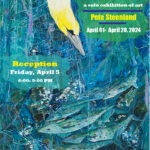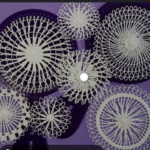Over the past decade, there has been a dramatic increase in the availability of native plants at most retail nurseries. Since the benefits of planting natives include reducing water use and cost, as well as decidedly less maintenance, it’s no wonder there has been a sudden surge of interest.
In order to create a vibrant green and lush appearance, lawns require multiple applications of fertilizer, pesticides and herbicides. Selecting a few native plants — as either replacement for your existing lawn or as an accent to flower beds – can help reduce the need for those harmful products and create a healthier yard that benefits your neighborhood, local pets, indigenous wildlife, and the fragile ecosystems that are impacted by yard runoff.
Living in Florida has helped native plants adapt for water conservation. Less water for native plants means less work for your irrigation system and more water for conservation. Thinking of swapping out your bright green turf grass? Sunshine Mimosa, or Mimosa strigillosa, with its lovely fern-like foliage, spreads out to a beautiful carpet that is sprinkled with vibrant pink blooms throughout the year. For beachside dwellers, Dune Sunflower, or Helianthus debilis, is a wonderful choice. The full coverage of endless bright and cheery mini sunflower-like blooms will be the talk of the neighborhood.
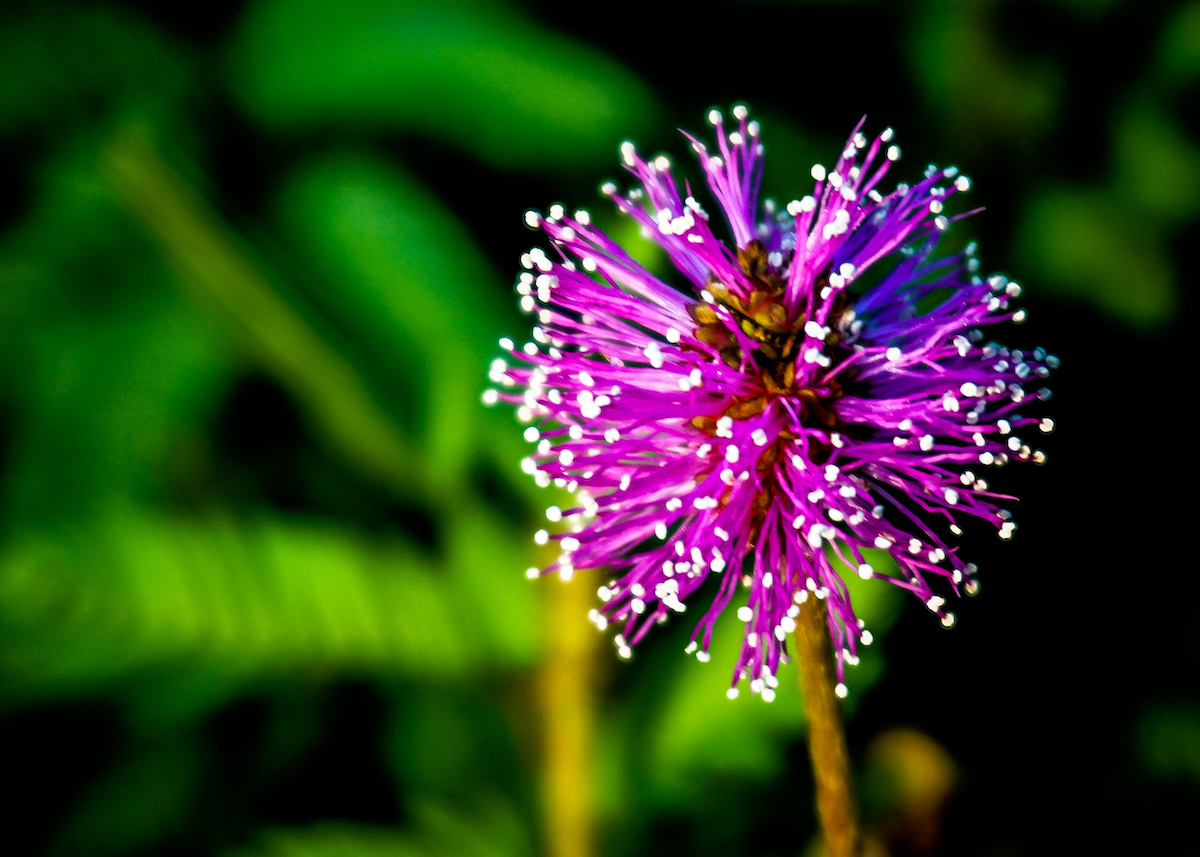
If you are an avid lover of wildlife, many animal species are adapted to the nuts, seeds, flowers, and protection offered by native plants. By planting a few of the following, you are all but guaranteed encounters with butterflies, birds, native bees and small mammals.
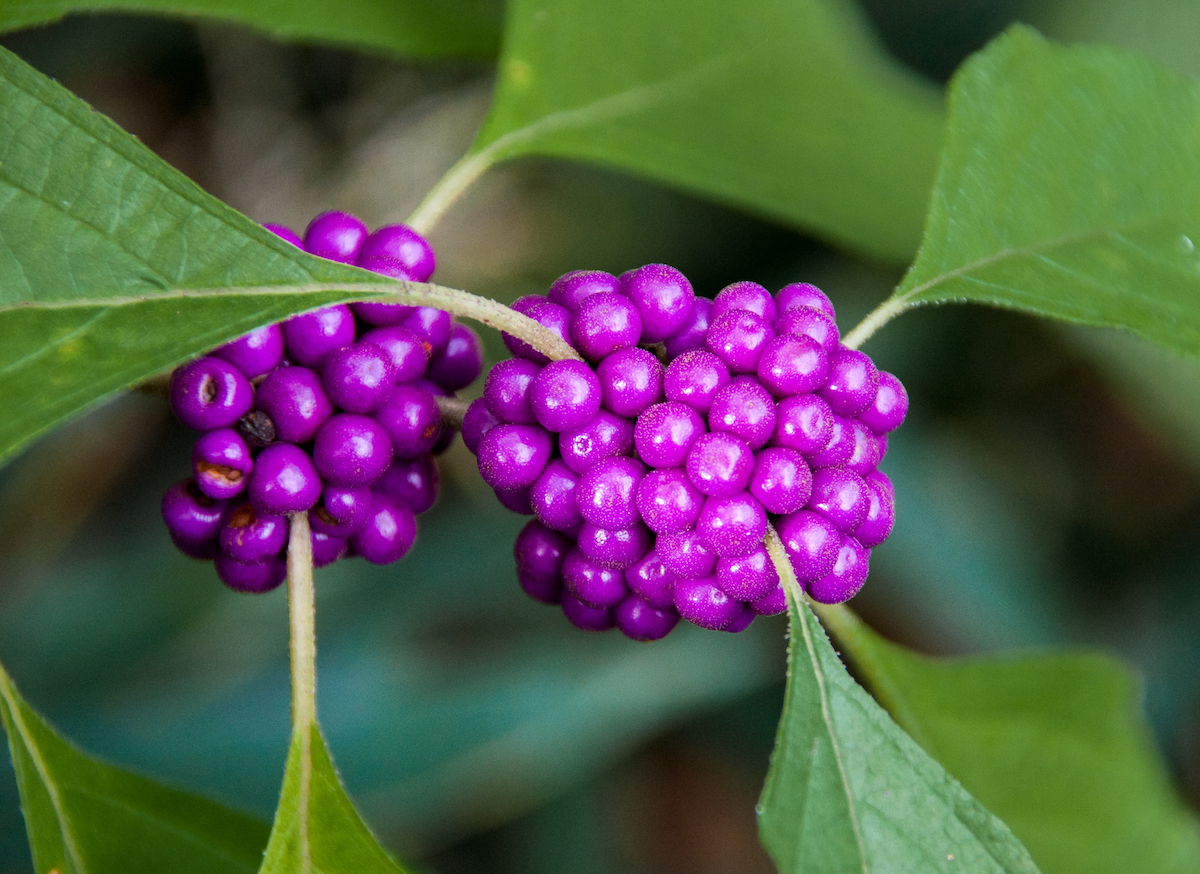
With its unique appearance and modest height, American Beautyberry, Callicarpa americana L., can fit in just about anywhere and offers distinctive purple berries that provide not only a burst of bright color but also a wonderful snack for birds. And, researchers discovered recently that this plant packs a surprising bonus with its natural mosquito-repelling qualities!
To attract butterflies, bees and hummingbirds, our native Firebush, Hamelia patens, will bring them in droves. The bright orange-red flowers add a striking contrast to year-round foliage making it an attractive addition to any lawn or green space.
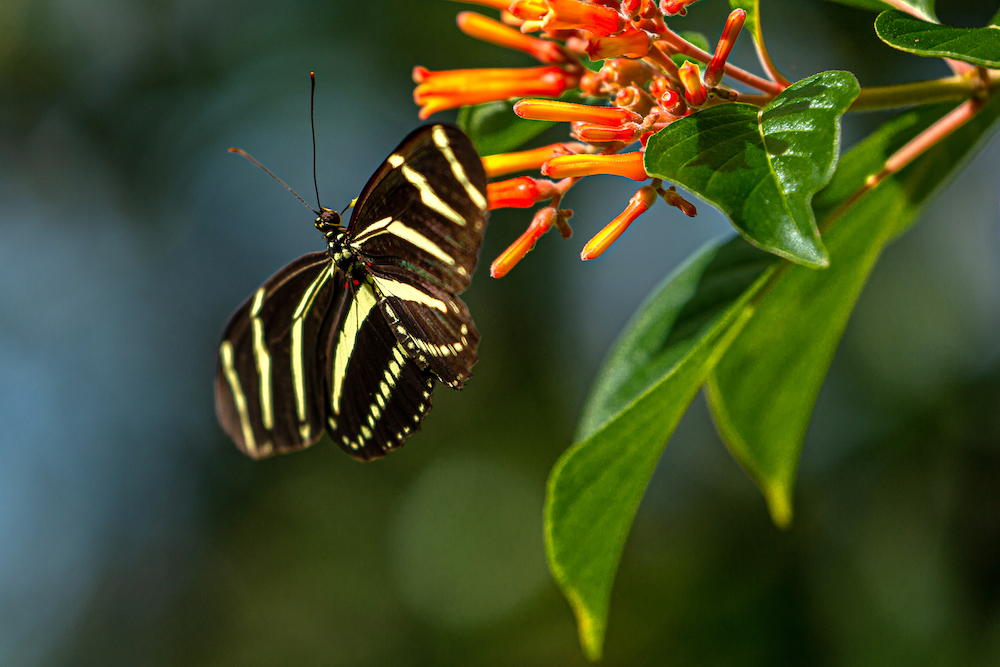
Finally, all benefits aside, native plants are truly beautiful. From the pink plumes of the native Muhly Grass, Muhlenbergia capillaris, to the subtle orange and yellow hues of our state wildflower, Coreopsis sp., there is a native for every palette. The natural life cycles of natives are reminders of seasonal change and transition, which is not often observed in the Floridian landscape.
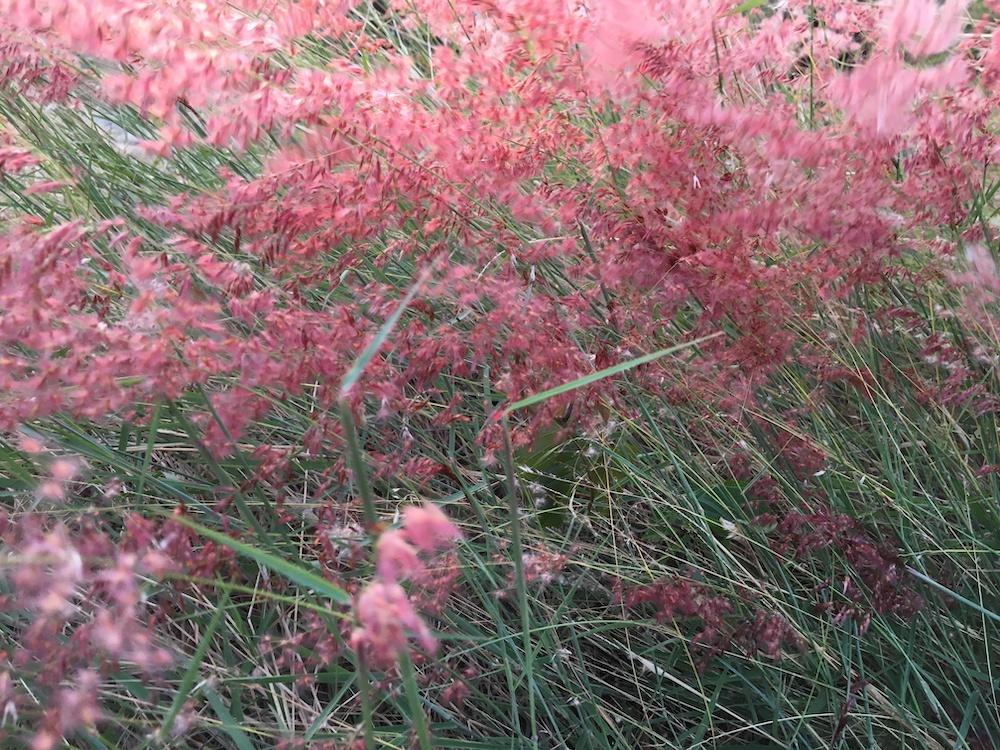
When selecting natives, be sure to check out the Plant Real Florida website (plantrealflorida.org), which delineates which plants will work best in your location and also offers a list of nurseries, growers, and planting professionals (www.floridanativenurseries.org) to help you piece your new, native space together. As is the case with all plants, taking care to know the requirements for each plant ahead of time, and planting it in the right place in your yard, will greatly improve your chances for planting success.
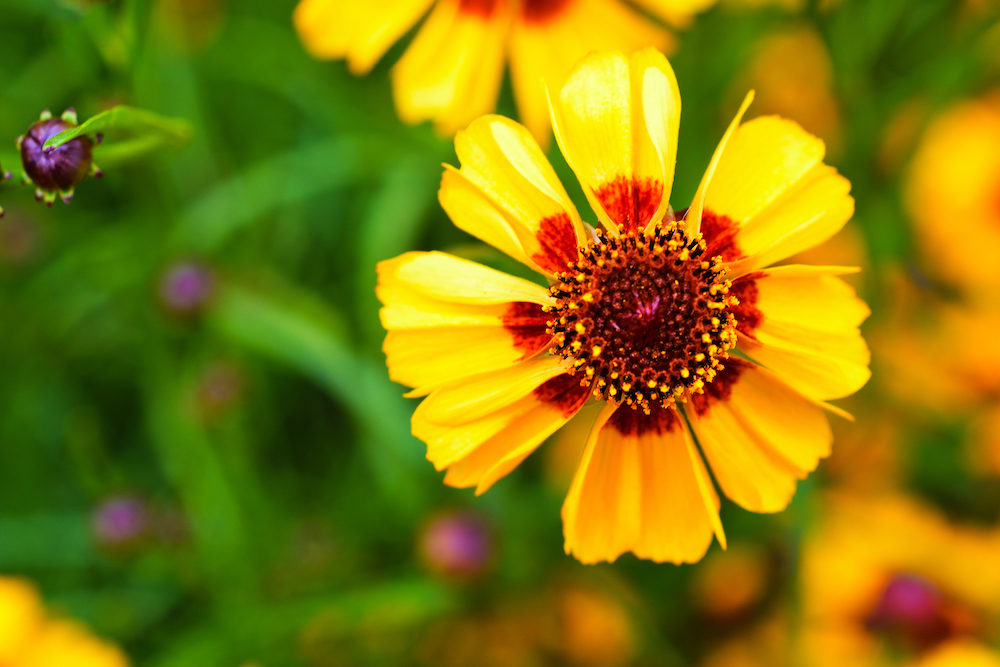
A host of smart tech options are emerging to help with lawn care and maintenance, and many of them can be managed from your phone! For example, the Edyn Garden Sensor (about $100) can help you decide which plants will thrive in your garden by running soil and light diagnostics, and can help you keep plants healthy by monitoring and reporting on humidity, moisture, temperature and soil nutrition (among other things). The Hunter Hydrawise (about $350) is an irrigating system that uses Wi-Fi and smart tech to collect weather data to calculate water loss and can automatically adjust watering schedules in response to too much or too little water. With the MyLawn app (free IOS and Android), you can set alerts when it’s time to feed, seed and water your lawn, create a custom care plan, and monitor the amount of water your yard gets each week from rain, hoses or sprinklers.
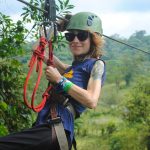
Amanda Rose Newton
Amanda Rose Newton is a Florida certified horticulture professional; board certified entomologist, beekeeper, and educator. She holds an Associates of Science in Horticulture Technology, A Bachelor of Science in Biochemistry, a Master’s of Science in Entomology with a specialization in Integrated Pest Management, and is currently pursuing a Doctorate at Florida Institute of Technology.



